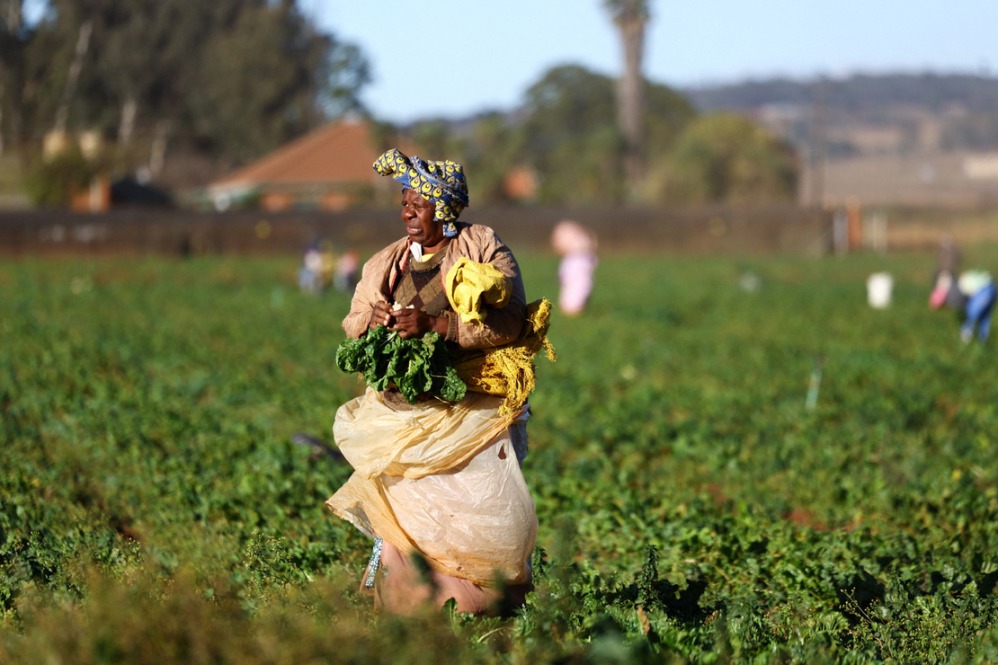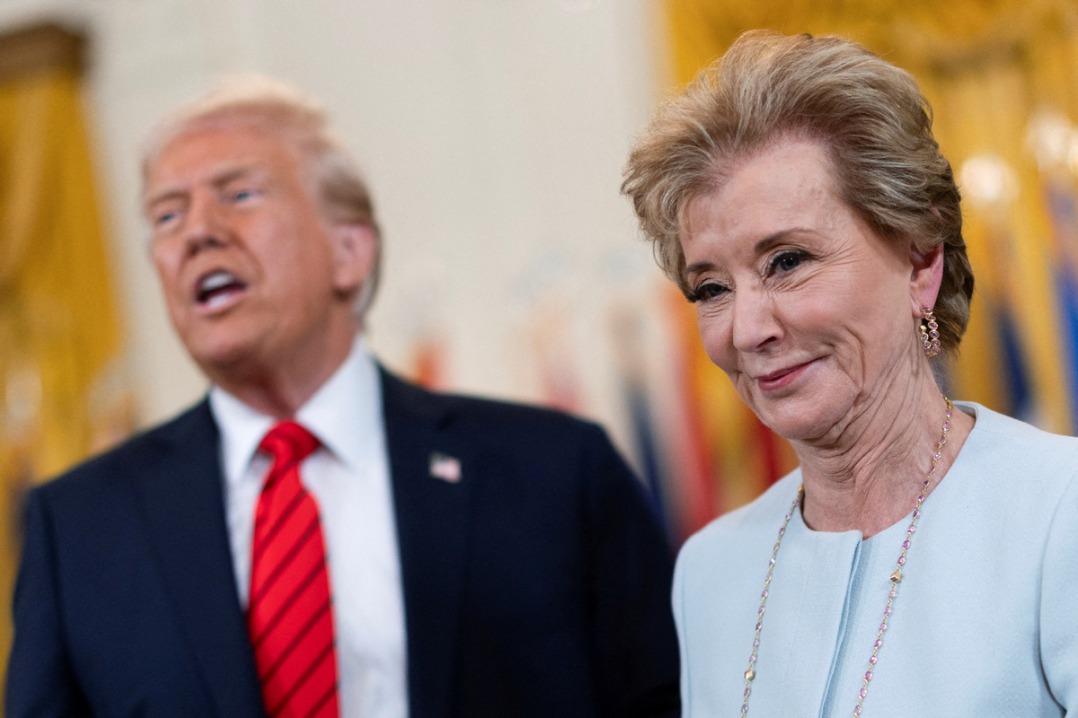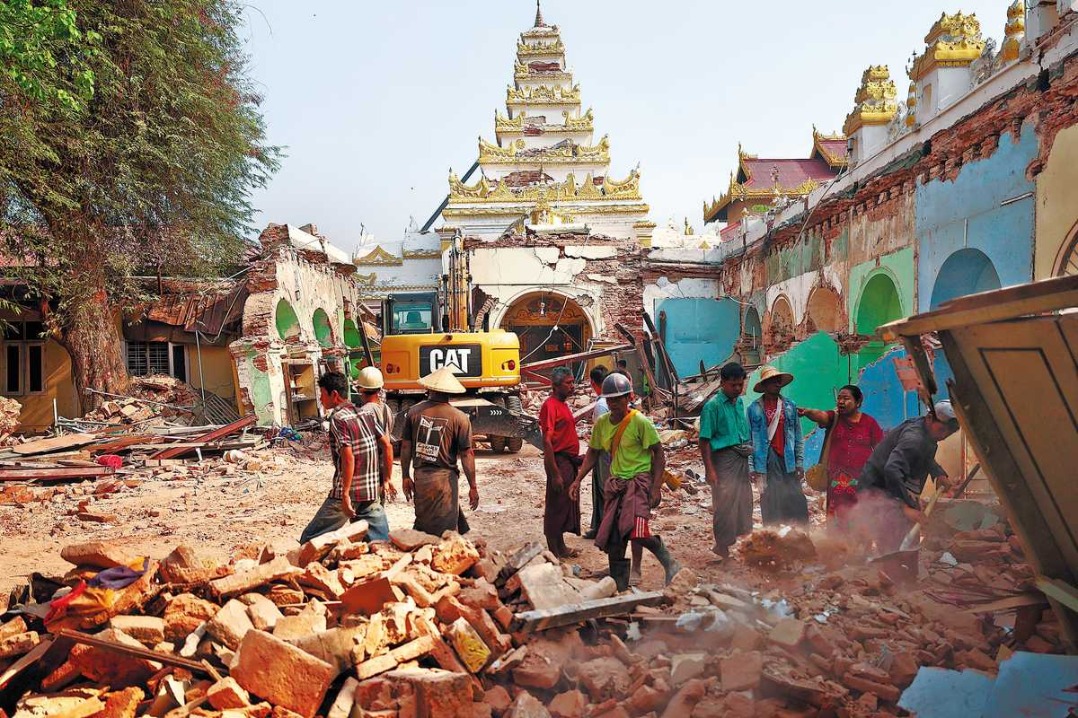Liberia strengthens cross-border surveillance as Mpox surges in Sierra Leone

Health authorities in Liberia have begun strengthening cross-border surveillance at the country's border with Sierra Leone to enhance case detection, diagnostics, and care for suspected or confirmed Mpox cases, the Liberia's National Public Health Institute has said.
Speaking at the national "One Health" platform on Thursday, Dugbeh Chris Nyan, director general of the institute, said that in collaboration with health promoters and partner agencies, it has conducted field visits to border areas, particularly the Sierra Leonean border, to strengthen surveillance.
Nyan revealed that the institute has collected samples for testing, and out of the many samples collected, five have tested positive, which brings the total active Mpox cases in Liberia to five, with zero deaths.
There are over 8,000 Mpox doses currently available in Liberia that are reserved for targeted groups, including known contacts of confirmed cases, frontline health workers, and border security personnel.
However, the Mpox cases continue to climb sharply in Sierra Leone, as the head of the Africa Centre for Disease Control and Prevention said the surge is a major focus of the outbreak response, partly to prevent the virus from spreading to other West African countries.
Official data from the National Public Health Agency (NPHA) of Sierra Leone on Thursday shows a total of 1,904 active Mpox cases, 14 deaths or fatalities, and 893 recoveries.
Sierra Leone, with a population of 8 million people, has received just over 61,000 doses of the Mpox vaccine, and those at highest risk will be prioritized, health officials said.
At Africa CDC's weekly update on May 18, director-general Jean Kaseya said over 600 cases were reported in the most recent week in Sierra Leone, up from 483 cases the previous week.
He explained that Mpox activity in Sierra Leone made up 58 percent of all cases in Africa last week, with cases in the four mainly affected countries, Sierra Leone, the Democratic Republic of the Congo, Uganda, and Burundi, contributing 98 percent of cases.

































